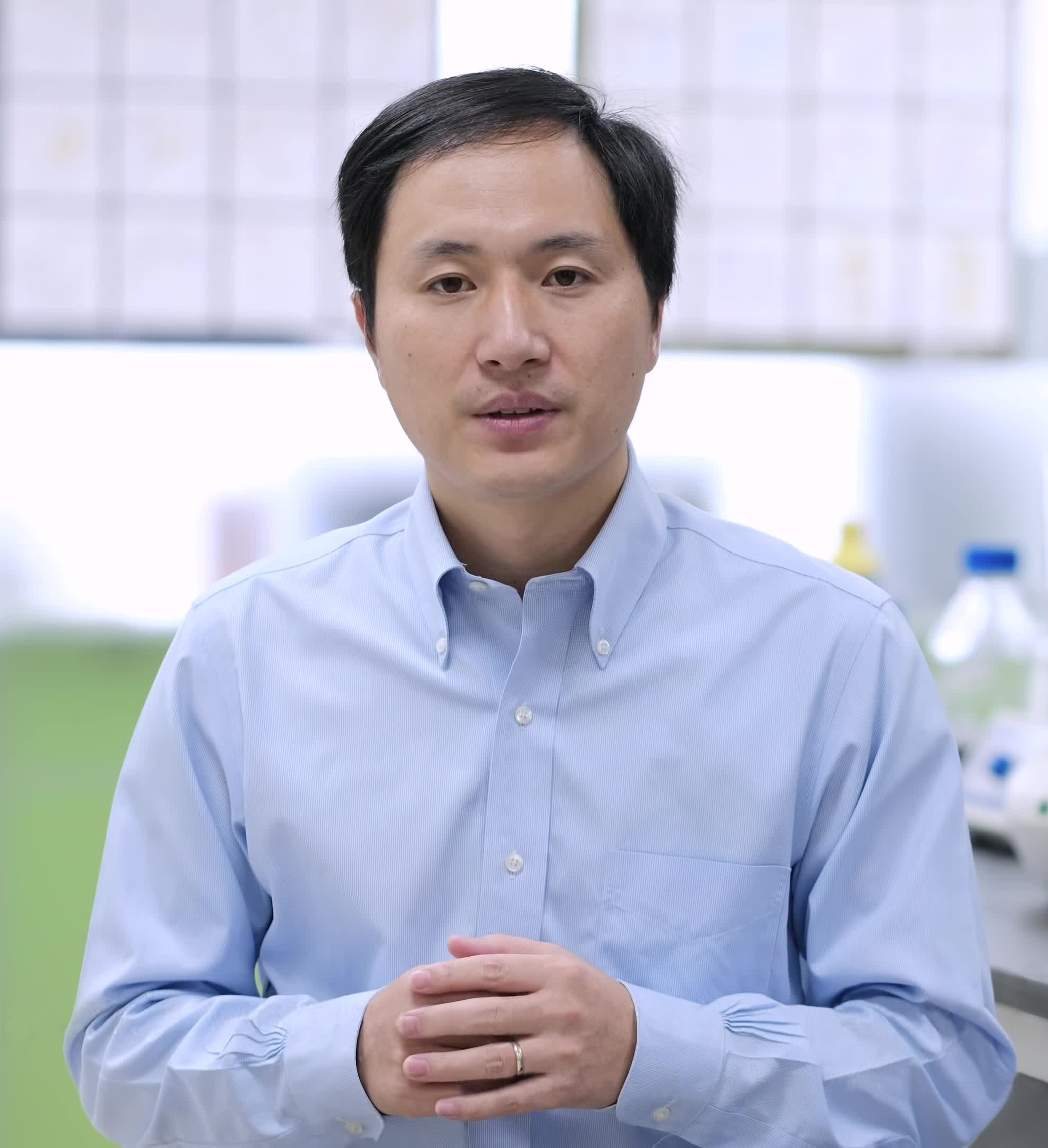Strict new guidelines lay out a path to heritable human gene editing
By Tina Hesman Saey,
Science News [cites CGS's Katie Hasson]
| 09. 03. 2020
But scientists say making changes in DNA that can be passed on isn’t yet safe and effective
In 2018, Jiankui He (pictured) announced that he had edited genes in embryos to create two baby girls.
Gene editing to make heritable changes in human DNA isn’t yet safe and effective enough to make gene-edited babies, an international scientific commission says. But in a Sept. 3 report, the group laid out a road map for rolling out heritable gene editing should society decide that kind of DNA alteration is acceptable.
The International Commission on the Clinical Use of Human Germline Genome Editing formed after a Chinese scientist announced in 2018 that he had created two gene-edited baby girls, sparking outrage (SN: 11/27/18). In its first official weigh-in on the issue, the group lays out strict scientific criteria that would need to be met before heritable gene editing could be tried clinically. If countries can’t ensure that all of those criteria are met, heritable gene editing shouldn’t be approved, the commissioners say.
Still, some critics charge that even presenting such criteria is premature. The science should wait until society decides whether to allow gene editing that can...
Related Articles
By Scott Solomon, The MIT Press Reader | 02.12.2026
Chris Mason is a man in a hurry.
“Sometimes walking from the subway to the lab takes too long, so I’ll start running,” he told me over breakfast at a bistro near his home in Brooklyn on a crisp...
By Zachary Brennan, Endpoints News | 02.23.2026
The FDA is spelling out the details of a new pathway to help speed personalized cell and gene therapies to market for rare diseases.
Monday’s long-awaited draft guidance outlines the agency’s “plausible mechanism” framework, a pathway FDA Commissioner Marty Makary...
By Amy Feldman, Forbes | 02.17.2026
"Jennifer Doudna" by Duncan Hull for the Royal Society via Wikimedia Commons licensed under CC by SA 3.0
Soon after KJ Muldoon was born in August 2024, he was lethargic and wouldn’t eat. His worried doctors realized his ammonia...
By David Jensen, California Stem Cell Report | 02.10.2026
Touchy issues involving accusations that California’s $12 billion gene and stem cell research agency is pushing aside “good science” in favor of new priorities and preferences will be aired again in late March at a public meeting in Sacramento.
The...




